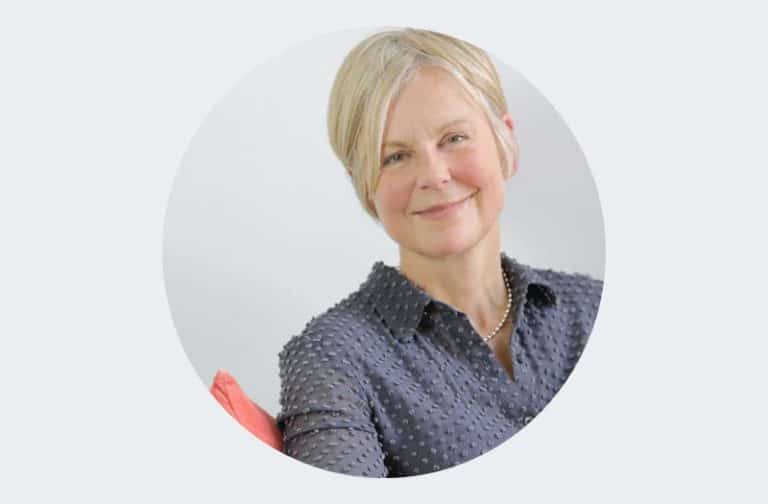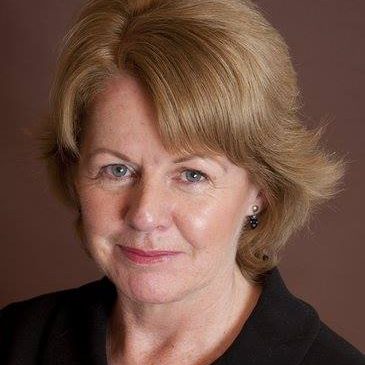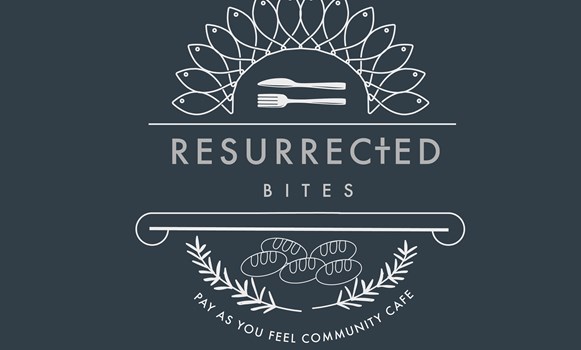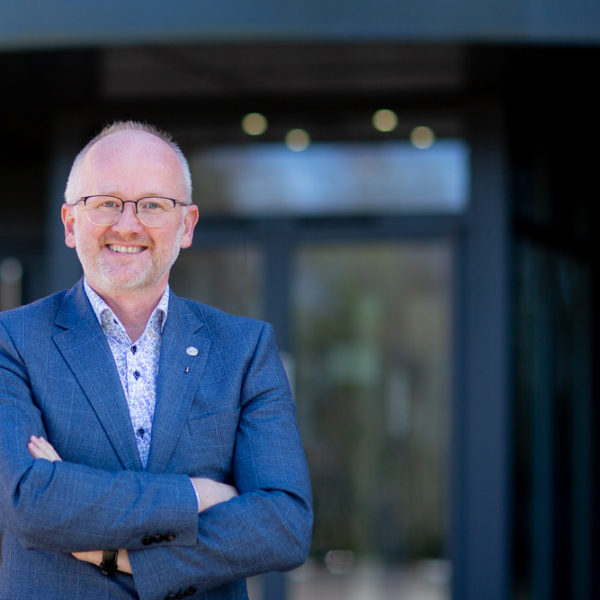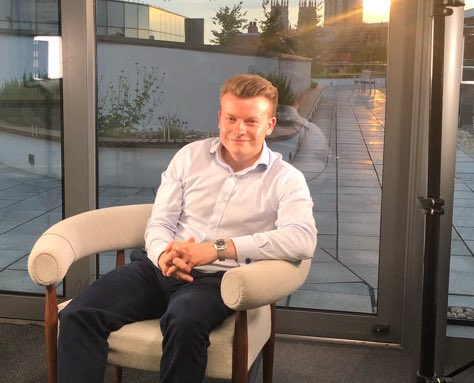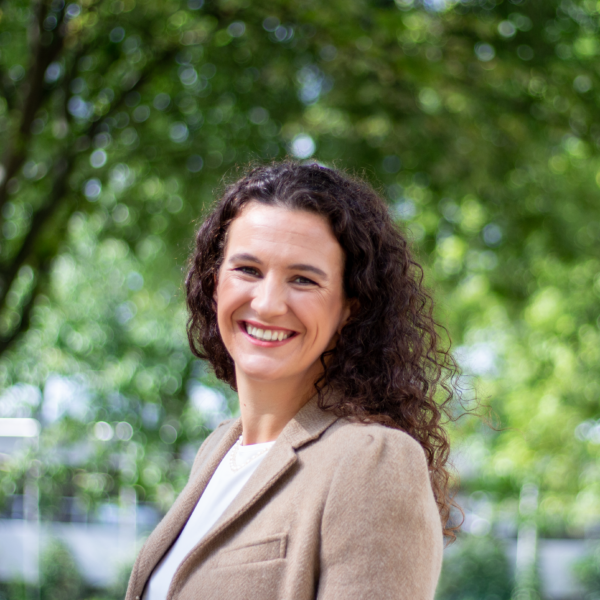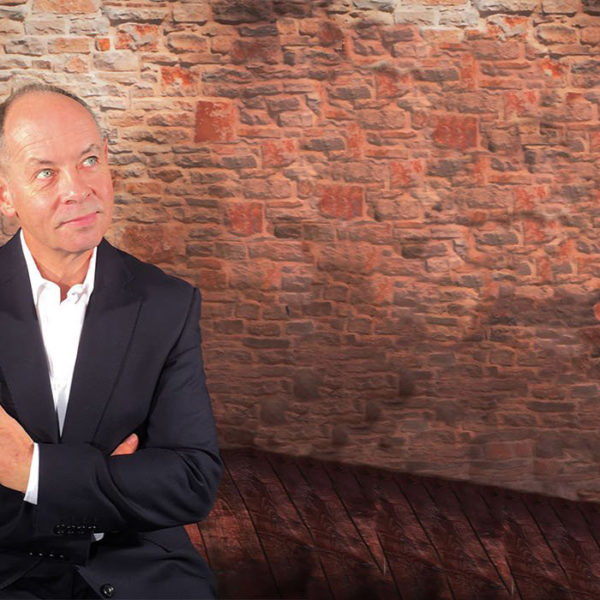Show Notes
18s: Rachel Webb of Mediation Works. Rachel is a family mediator and a former solicitor.
34s: What is a family mediator? You have some options when you separate and when there’s relationship breakdown, whether you’re divorcing or co-habiting. Most people think that you go to a solicitor first or that you only use a solicitor. Family mediation is completely different, it’s for resolving issues and reaching a binding agreement at the end so you can move forward with your lives.
1min 19s: Do you need a solicitor before you instruct a mediator? You can do it either way round. We deal with people who have used a solicitor and those who come straight to us. We also work along side solicitors as well. Sometimes when impasse is reached through the adversarial system, people will be referred by solicitors to mediation.
2mins 4s: An important point I should make: if you want to issue proceedings in court, you cannot do that without at least having been to a meeting with a mediator to consider it. This is because everyone who works in family law understands that ending up in court is a bad move.
2mins 48s: I’ve never met a family mediator before and I’ve been a solicitor since 2007, why is that? There are apparently 600 family mediators in the UK in comparison to about 150,000 lawyers. The problems with getting the profile higher is that there isn’t enough funding, the government have put some funding towards it, and they will fund Legal Aid and there has been a publicity campaign, but it’s not been brilliant. In Australia, they have an organisation you can go to who will ask you what you need, whether it’s a lawyer, a family mediator, a child counsellor, a financial advisor etc. but we don’t have that here.
4mins 36s: Can you explain the process to me? They can be referred through solicitors or the CAB, they can go on the family mediation counsel website where all the fully accredited mediators are. One of the parties will approach a family mediator for a first session called a mediation information and assessment meeting, which is completely confidential. They need to know I’m a safe pair of hands and I want to explain to them what mediation is so they know if it will be useful. There are options – you can mediate, go through a solicitor, go to court, try a collaborative solicitor who is less adversarial. If that party wants to mediate, I will invite their former partner to their own individual session by writing a respectful letter with appropriate terminology saying that I’m offering a service, come along and find out some information. I’ve been approached by your former partner, but this is for you only and it’s confidential. There is no obligation.
7mins 28s: Seeing them in this way is also for me to screen the situation e.g. if there has been domestic abuse, we would put in certain safe guards so see them in different rooms with different arrival times. If they want to mediate, we invite them to a joint session.
7mins 52s: How long do sessions last? If it’s about sharing care of children, it’s 1.5 hours. If it’s about finances, it’s usually about 3 hours. People rarely need more than 3 sessions.
8mins 23s: How do you record an agreement? After each session, I produce an outcome summary which includes the agenda, any important principles, any interim agreement. When they reach an agreement, we produce a financial schedule which is an open document – their solicitors can use it and so can the court if they don’t agree in mediation. The other document is a memorandum of understanding which includes the children, pensions, wills etc. which isn’t binding at that stage; it will go to a solicitor and put into a consent order, they don’t need to attend.
10mins 33s: Is there a risk that when the agreement is passed to the solicitors, they could say this could be better if you go to court etc? It’s impossible to know but my role is impartial, I will be advising each party to get an hour’s advice about what is right for them.
11mins 54s: What is the difference between a mediation process with you and a traditional solicitor’s process? The crux of mediation is how it’s done; it’s based on 5 principles. One of the most important ones is that the mediator is impartial. Children will be fine with 3 things: lack of poverty, lack of conflict, and quality time with both parents. Impartiality means I’m not fighting anyone’s corner like a lawyer.
14mins 29s: The other principles are: confidentiality – what we discuss cannot be referred to outside the room; it’s voluntary – neither party has to do it but that means they have control and they can leave when they want; child’s interest – when they’re 18, do you want them to say they love their parents to bits or do you want them to say it’s been a nightmare and when I got to 13, my friends were more important; and I’m not their legal advisor, otherwise I’d lose my impartial position.
18mins 13s: You are also a qualified solicitor; how does that work with you being a mediator as well? I trained in London as a solicitor and worked in a family department, then chose to work in the personal injury field and worked as a solicitor for 10 years. I re-trained as a couple’s counsellor and then some systemic therapy training. I brought the two skill sets together so I can assimilate facts quickly, make things concise, keep focus. I can also support people with difficult feelings and cope with feelings in the room.
20mins 18s: Have you gone through something like this yourself? Yes, I have, I am divorced with 3 children. People who come here are very suspicious when they come in, they are unsure of what it’s about. I can support them and carry those feelings in the room.
22mins 18s: What are the costs? I offer a private service and Legal Aid. If you are on benefits or a low income, you might be eligible for Legal Aid. I can assess you over the phone before a meeting to give you an indication if that’s the case; if it is, then it’s completely free. If you are legally aided, it means the first session for your former partner is free as well as the first joint session for you both. Further sessions for them, they have to pay for.
23mins 53s: Private costs? I charge a flat rate of £80 per hour, you only pay for face to face time, you don’t pay for any calls, emails or correspondence. If it’s a child-only session, it lasts an hour and a half, so that’s £120 each. Finance cases last 2 hours so that’s £160 each. It’s rare to have 4 sessions, things usually resolve within 2 or 3. The only other fee is an agreement fee in finance cases which is £80 each.
25mins 8s: Why do you do what you do? It’s challenging but I’m passionate about it. I believe that life is messy, and people behave in ways they don’t want to because they’ve been hurt. Michelle Obama said, “when they go low, you go high”. It’s helping people feel supported and do a piece of business and get on with their lives.
26mins 50s: This seems the quickest and most cost-effective way, is that right? If it doesn’t work, you can still go down the legal process. Even if you don’t reach an agreement during the mediation, when you do all the financial disclosure in the room and agree what you can, it still cuts down the costs. It’s not just co-habitees separating or relationship change. It’s also with grandparents losing contact with their grand-children, civil partnerships, etc.
28mins 7s: How to people contact you? My website is www.mediationworks.me which explains the process and the resources, there is also a form to fill in, my numbers are also on there so please call and leave a message – it will be me who deals with your call.
Further Listening
More The Harrogate Podcast podcasts.
